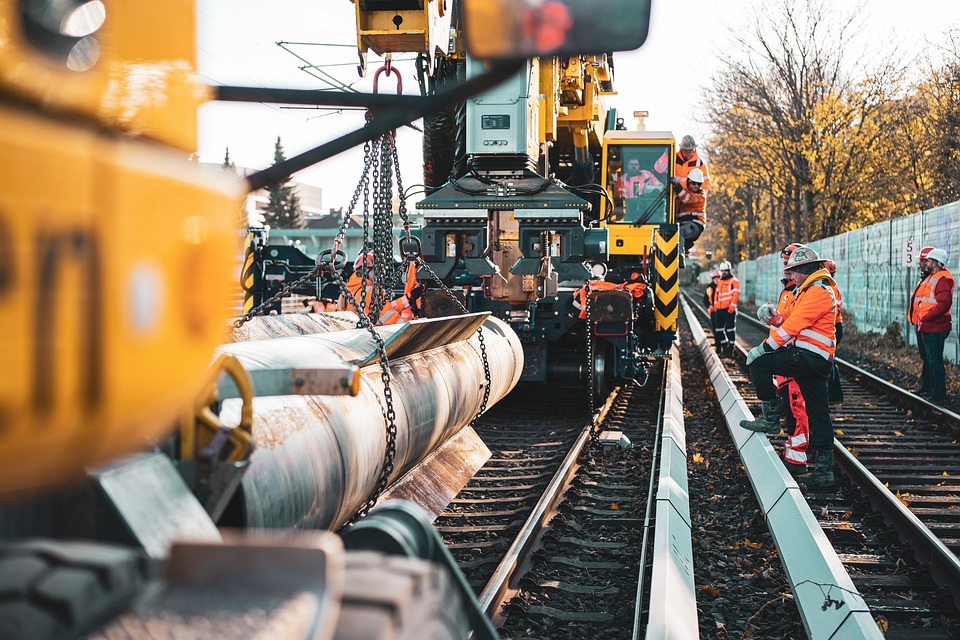In the relentless march of progress, the transition from manual labor to mechanical processes has heralded a new era characterized by enhanced efficiency, accuracy, and productivity. Automation, defined as the process of using technology to perform tasks without human intervention, is reshaping industries across the globe. While the concept has been around since the Industrial Revolution, its current iteration—powered by advanced technologies like artificial intelligence, robotics, and the Internet of Things (IoT)—is redefining the landscape of productivity and operational excellence.
The Evolution of Automation
Historically, automation began with simple machines designed to assist human workers in repetitive tasks. The advent of the assembly line in the early 20th century by Henry Ford marked a significant leap towards mechanized production, streamlining manufacturing and reducing costs. However, today’s automation encompasses much more than conveyor belts and basic machinery. With the integration of smart technologies, industries are not merely mechanizing tasks but enhancing them with capabilities that enable machines to learn, adapt, and optimize processes in real-time.
Sectors Embracing Automation
Manufacturing
The manufacturing sector has been at the forefront of automation since its inception. Modern factories now employ advanced robotics equipped with artificial intelligence to handle complex tasks ranging from assembly to quality control. These robots can work tirelessly, often performing tasks with greater precision and speed than their human counterparts. This transition not only reduces operational costs but also helps companies maintain consistent product quality.
Healthcare
In healthcare, automation has transformed everything from patient management systems to surgical procedures. Robotic-assisted surgeries enhance precision and reduce recovery times, while automated administrative systems streamline patient records and billing. Telemedicine platforms, powered by automation, allow healthcare providers to reach patients remotely, ensuring access to care in a timely manner.
Logistics and Supply Chain
The logistics and supply chain sector has undergone a radical transformation with the deployment of automation technologies. Automated warehouses utilize robotics for sorting, packing, and shipping, significantly reducing human error and speeding up operations. A noteworthy example is Amazon’s use of Kiva robots to manage warehouse logistics, drastically improving efficiency and order fulfillment times.
Agriculture
The agricultural sector is experiencing a revolution powered by automation, as farmers increasingly adopt drones, sensors, and autonomous machinery. Precision agriculture technologies allow for more accurate monitoring of crops, leading to optimized water usage and fertilizer application. Automated harvesting machines can now operate with minimal human oversight, significantly reducing labor costs and increasing yield.
Financial Services
The financial services industry is also embracing automation through technologies like artificial intelligence and machine learning. Automated trading systems can analyze vast datasets to make split-second investment decisions. Additionally, Robo-advisors offer investment management services with minimal human intervention, democratizing access to financial planning for a broader audience.
The Challenges of Automation
While the benefits of automation are undeniable, the transition is not without its challenges. Job displacement remains a significant concern as machines replace human workers in various sectors. The workforce must adapt to new roles that require advanced technical skills, necessitating extensive retraining and education.
Moreover, the initial investment in automation technology can be substantial, making it challenging for small and medium-sized enterprises to compete with larger corporations. Cybersecurity also presents a formidable challenge, as increased connectivity can make automated systems vulnerable to attacks.
The Future of Automation
As we look ahead, the future of automation is poised to become even more sophisticated. Advances in artificial intelligence will enable machines to make decisions based on complex data analysis, presenting new opportunities for innovation. The integration of IoT will allow for interconnected systems that can communicate and collaborate, leading to even greater efficiencies.
In conclusion, the transformation from manual to mechanical processes through automation is revolutionizing industries in profound ways. Though challenges remain, the potential for enhanced productivity, accuracy, and innovation cannot be overlooked. By embracing these technological advancements, industries can navigate the complexities of the modern world and unlock new pathways for growth and sustainability. As we continue to explore the frontiers of automation, the partnership between humans and machines will redefine the future of work and industry.



